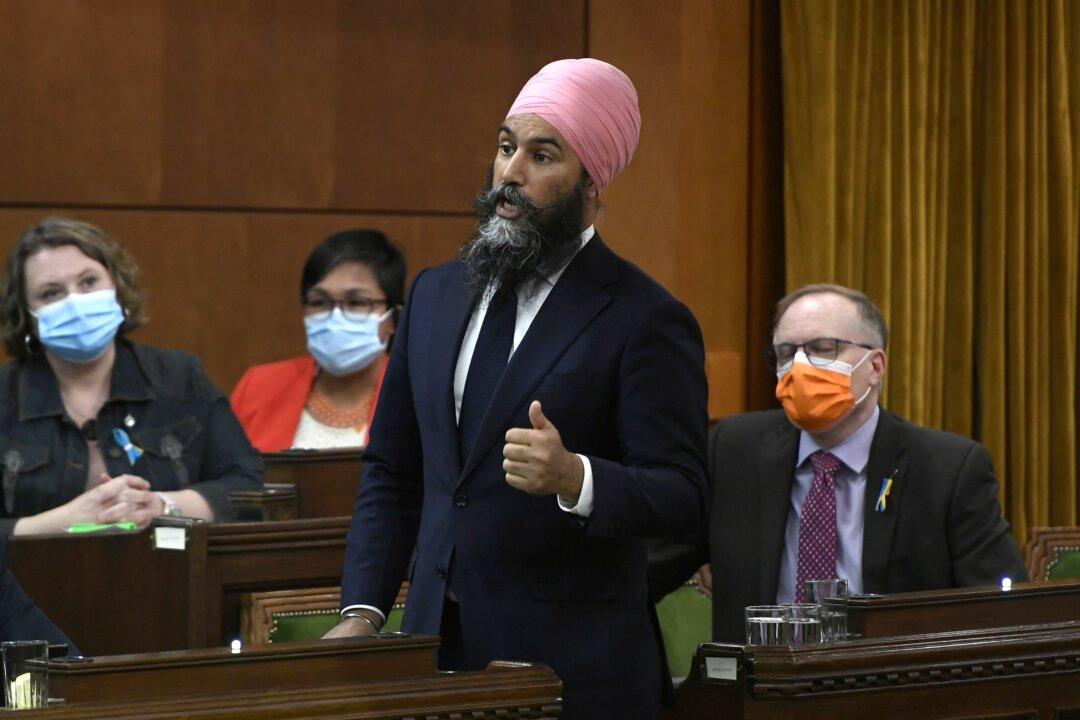Political mudslinging is nothing new. It’s a part of civic theatre, and when kept in place, it’s a healthy sign of a functioning democracy. Rival parties pounce on the perceived failings and inadequacies of their opponents in hopes that they can win over voters, or at least keep them from voting for the other side.
But political discourse has taken a more sinister turn of late. More and more, political attacks are personal, ideological, and aimed at ostracizing the individual to the extent that they become persona non grata.





